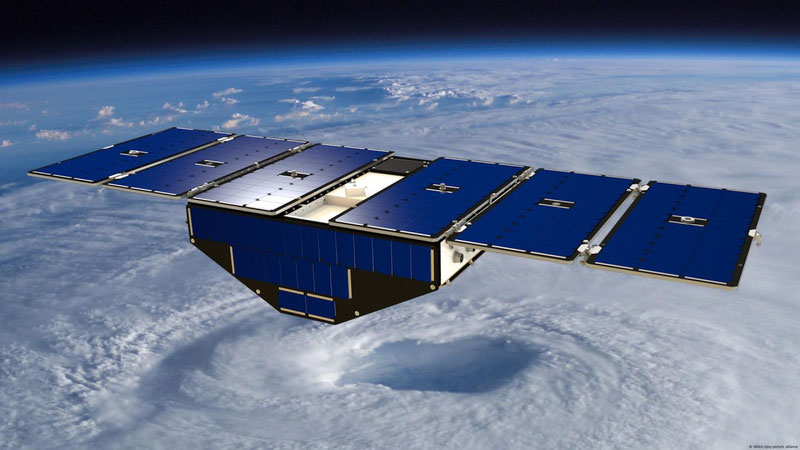The U.S. Department of Defense will no longer publicly share meteorological data collected by certain military satellites starting from the end of July. The Pentagon explained this decision with cybersecurity concerns. As a result, the global scientific community will lose access to crucial information about the Earth's atmosphere and oceans.
This decision will make it more difficult to accurately predict dangerous natural phenomena such as global climate change, storms, floods, and the state of glaciers. The Defense Meteorological Satellite Program (DMSP), operational since the 1960s, has been conducting worldwide weather observations for the U.S. military. This data was also shared with scientific centers and the civilian sector.
Additionally, the U.S. is also closing the Mauna Loa Observatory in Hawaii. This facility has been monitoring changes in the Earth's atmosphere since 1958.
Experts emphasize that developing countries, in particular, will struggle to fill this gap. For example, data on Arctic glaciers is critically important for international maritime navigation.
According to meteorologist Peter Knippertz from the Karlsruhe Institute of Technology, even small discrepancies in meteorology can have significant impacts over large areas. The lack of data will reduce the accuracy of weather forecasts.






